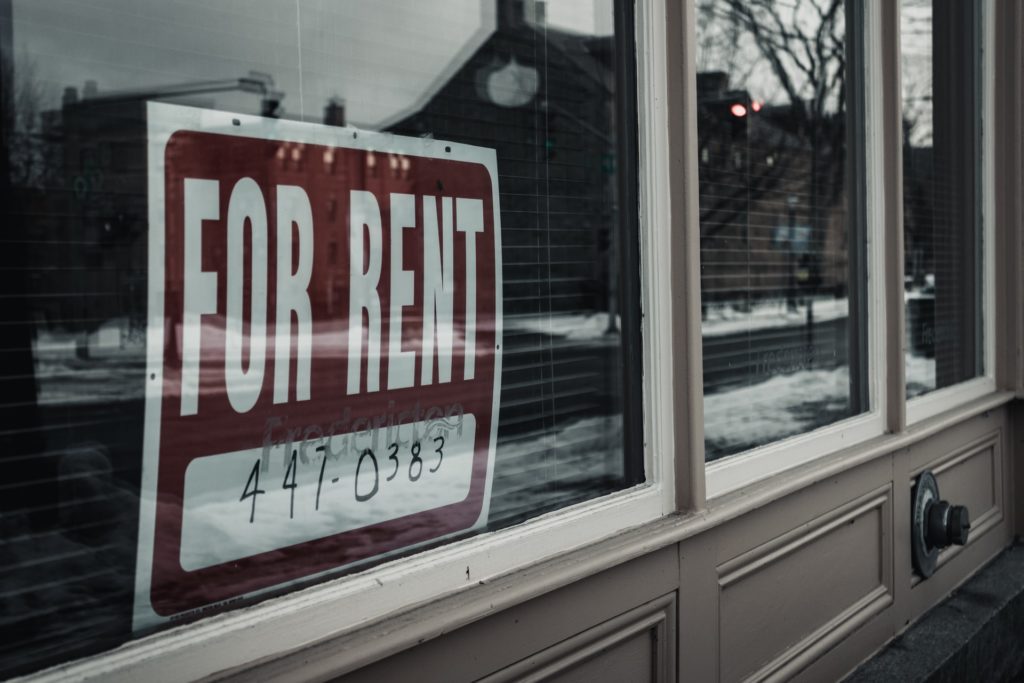Things to Know Before Becoming a Commercial Landlord
 There are several benefits to being a commercial landlord. These include increased earnings for yourself as well as the opportunity to enable other businesses to succeed by offering them space for work. However, it is not easy being a commercial landlord. There are many things you need to be on top of if you want to keep your renters happy. You have an obligation to take excellent care of your renters, just as they are responsible for taking care of your property and paying their rent on time. If you are new to commercial real estate investing, here are some things to know before becoming a commercial landlord.
There are several benefits to being a commercial landlord. These include increased earnings for yourself as well as the opportunity to enable other businesses to succeed by offering them space for work. However, it is not easy being a commercial landlord. There are many things you need to be on top of if you want to keep your renters happy. You have an obligation to take excellent care of your renters, just as they are responsible for taking care of your property and paying their rent on time. If you are new to commercial real estate investing, here are some things to know before becoming a commercial landlord.
Know the Difference Between a Residential and Commercial Lease
A commercial lease agreement is necessary whenever a company leases a commercial property with the intention of doing business from that location. It is a legally enforceable contract between a landlord and a company renter. In return for money, the landlord agrees to rent out the company property, which is often an office space. Commercial leases last for up to five years. As you can tell, a commercial lease is quite similar to a residential one. Although it may seem like that, there are significant differences between a residential lease and a business lease.

The main difference between these two types of leases is that you can run a business on the premises if you don’t have a commercial lease. Furthermore, business leases are not as regulated as commercial. Therefore, they don’t provide as much protection in case of issues. Additionally, commercial leases are a bit more flexible. You can negotiate more when establishing a commercial lease. Therefore, you can make it last longer or shorter, depending on your preference. Furthermore, with residential leases, the renters don’t have any obligation to pay any property taxes. However, with commercial leases, you can negotiate with the renter, who will be paying the property tax.
Location Is Important
Nowadays, the simple transfer of any business is possible. It doesn’t matter where your location is. That being said, the appropriate location for your commercial space will depend on the sort of renter you wish to attract. Even if business relocation is simple, you should still choose your location carefully. Remember that what you buy and where you buy it may affect the success of your investment. This is why it is important that you do your homework before making a purchase. Traditionally, most commercial landlords pick areas with significant traffic. If you want tenants that run shops, cafés, or bars, a city center will be a good place to choose. However, keep in mind that many commercial tenants these days run their companies mostly online and choose to stay outside of cities or even in rural areas.

Before Becoming a Commercial Landlord, Learn All You Can About the Owner of the Building
If you plan to buy a property that is part of a larger building complex, you should learn about the building’s owner as well as the building itself. Just as your tenants will want to know everything they can about you, you should try to find out who owns the building. You need to know what state the building is in and if the owner takes care of it. In certain areas, for example, if the building owner doesn’t pay property tax or doesn’t conduct regular building inspections, this can lead to problems that will affect both you and your renters.
That is only one example of how a landlord-tenant-building-owner relationship might go wrong. We suggest that you start with a simple public record search about the building owner. After that, you can schedule a meeting with them and ask all of the questions you have about the state of the property. You may also seek documentation pertaining to the building owner’s liability in case of any issues occur. This way, you will protect both yourself and your renter.
Understand Your Responsibilities as A Landlord
Being a landlord isn’t only about reaping the benefits of being the owner. You should take care of your property, the same as the building owner should take care of the building. You will need to put effort into property upkeep as well as to make it a pleasant place for work. If your property is in good condition and has all of the necessary amenities, you will quickly find a business owner who wants to rent it. Additionally, you will have to adhere to all of the state government’s legal requirements.

The landlord is responsible for finding the appropriate insurance for the property. You need this if you want to know what kind of coverage the policy offers. The only thing the renter will be responsible for is paying the insurance. Another vital step is to get all the certificates that the renter will need to operate on the property. This includes things such as the Fire Safety Certificate. Furthermore, the property owner must pay body corporate fees, which must be covered by the rent.
You Need to Know How to Handle Disputes
If you are a commercial landlord, it is not a matter of whether disputes will arise but when they will arise. This is why knowing how to handle disputes is one of the most important things to know before becoming a commercial landlord. If you have a disagreement with the renter over the rent, maintenance charges, or the bond, you must remain calm and neutral. Make sure the opposite party understands your point of view. You might even show them copies of the receipts to back up your claim. Try to conduct discussions with a level head and reach an agreement without escalating the situation. That being said, if you believe that the situation is volatile, you could conduct the conversation in a written form. If everything else fails, you must approach your state’s free dispute resolution agency to achieve an agreement.